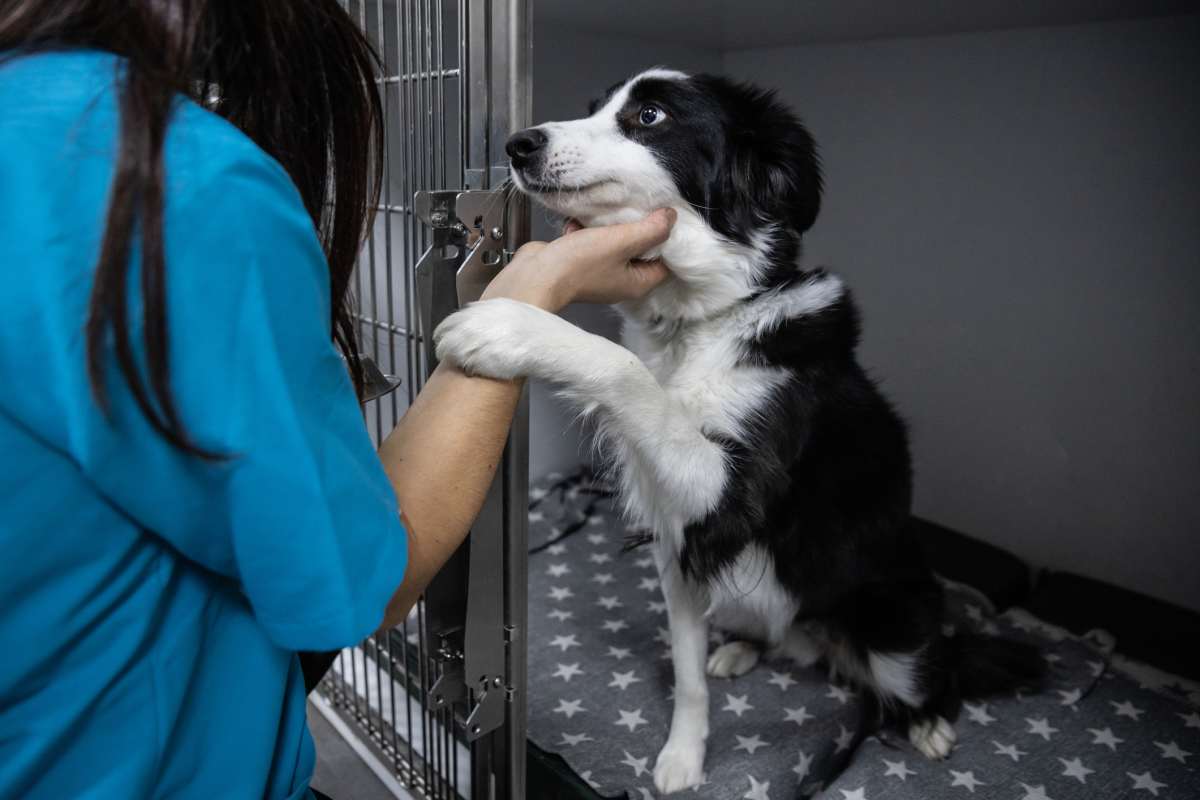Study identifies one thing dog owners really care about during adoption – and it has nothing to do with age, breed, or looks

Adoption of dogs is no convenient affair as it is influenced by several factors that eventually may or may not lead to owner satisfaction. In a new research study, scientists attempted to examine the influences that lead to the successful adoption of dogs. While key characteristics like dog breed, age, appearance, or the motivation for adoption do weigh in to an extent, there’s one particular aspect that drives owners to adopt and lead a happy life with their pet later on. The team of scientists based their study on the responses from a self-reporting questionnaire filled out by pet owners to find out the one factor that has the most impact on ownership, per the study published in the journal PubMed Central.

A team of scientists from Tufts University and the Center for Canine Behavior Studies surveyed participants to understand the motivating factors influencing long-term success in pet dog adoptions. When assessing the personality of 88 dogs and their owners in Oklahoma, the experts found that owner satisfaction increased when they shared similar personality traits. “The authors suggest that prospective dog owners may want to consider adopting dogs that match their personality on these characteristics,” the study stated. Moreover, pet rejection was less common among individuals with a history of pet ownership, and women rejected pets significantly fewer times than men. Similarly, non-parents were accepting of their pet dog’s flaws than parents.

However, the ultimate characteristic that ensured the greatest impact on owner satisfaction was the dog’s personality or behavior. It is what mattered the most, regardless of their breed or appearance. Meanwhile, the motivations that led to the dog adoption hinged on the need for companionship and affection as the driver of successful adoption. To surmise, the behavioral characteristics easily outweighed the physical counterparts in the selection criteria priorities of adoptions. In contrast, another study published in the same journal found that breeds are directly related to a dog’s behavior.

“Purebred dog breeds have been developed, some for hundreds of years, for a purpose, whether that be cuddling on laps, hunting birds, herding livestock, or pulling sleds,” said Penny Leigh, the Director of Registration Development at the AKC, per the American Kennel Club. Therefore, these breeds of dogs were particularly selected for traits that would produce the best dogs to serve the intended job. Even after decades, these traits define their personalities regardless of the functions these dogs may be serving.
“There is no question that ‘instinct’ is a strong factor in purebred dog behavior when you see a weeks-old puppy frozen on-point, or a herding dog circling the family children, or all other stereotypical breed behaviors,” explained Dr. Jerold Bell, Adjunct Professor of Genetics at the Cumming School of Veterinary Medicine at Tufts University. Although he also noted that the personalities of individual dogs may vary as much as human siblings do. But the behavioral tendencies will certainly reflect their breed, and potential owners must base their expectations of the pet accordingly. As humans began to domesticate dogs, they chose ones that were easier to manage and handle, says Dr. Jerry Klein of AKC.